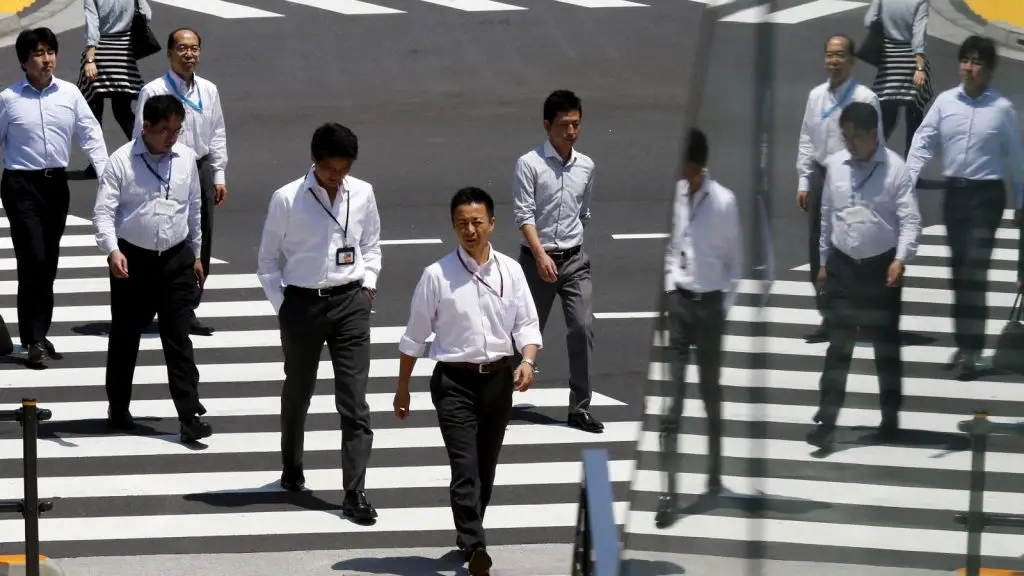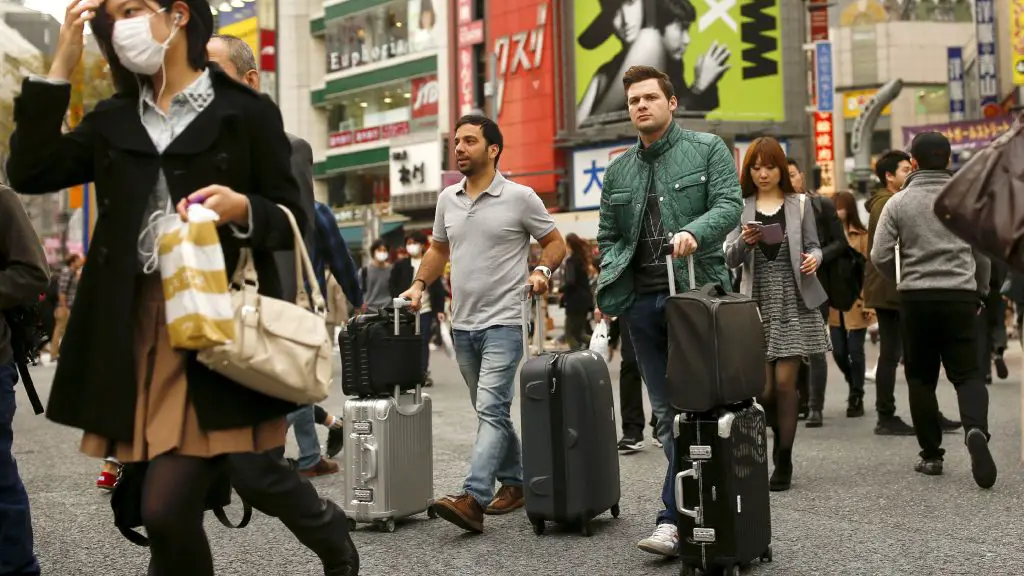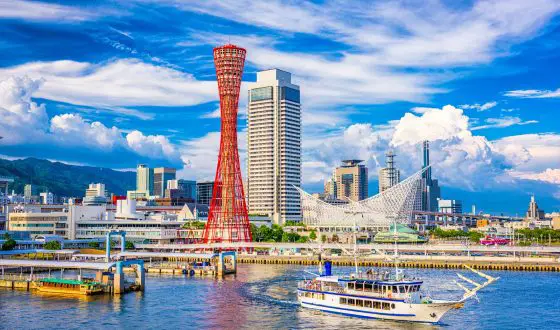What Is The Minimum Wage In Tokyo Japan?
East Asia is a famous region for traveling and relocation. And Japan, in particular, has been the place to go for many, and for good reasons. As one of the biggest economies in today’s world, Japan truly stands out when it comes to innovative technologies and exports. And as such, the country’s minimum wage truly reflects the outstanding quality of life that you are going to get.
Out of many amazing cities to visit and stay in Japan, Tokyo (the capital city) is certainly the most attractive place. Before going, you need to check out the cost of living and other related information to ensure that everything is as expected. In this article, we’re going over the minimum wage in Tokyo, Japan, and how it applies to your situation.
1. The minimum wage in Tokyo
In Japan, the minimum wage is determined on an hourly basis. Each prefecture has its own minimum wage, and this amount depends on many regional factors (most notably, the economic performance). Therefore, the minimum wage in a prefecture should mirror the living cost, as well as the level of development of that region.
At the time of this writing (July 2021), Tokyo’s minimum wage is at an all-time high: ¥1013/hour. This amount also stands out as the highest in the country, which cements Tokyo’s place as the long-lived leading economic center of Japan. This trend began way back in 2002, and it has shown no signs of stopping anytime soon.

Tokyo’s minimum wage is at an all-time high: ¥1013/hour.
SEE MORE:
- Cost Of Living In Japan – Is It Really Expensive Or Not?
- Cost Of Living In Tokyo – Expensive Or Not?
As for the whole nation of Japan, the average salary is ¥901/hour. This means that prefectures with minimum wages of over ¥901 are the main driving factors in domestic economic activities. Aside from Tokyo, there are 6 other cities that fall under this category. Those include Kanagawa, Osaka, Kyoto, Aichi, Chiba, and Saitama. During the current harsh circumstances of the Covid-19 pandemic, it is forecasted that the Japanese economy will be further decentralized, leading to the rise in the minimum wage of many other prefectures.
2. How your monthly salary fits in the minimum wage system

As foreigners looking to relocate to Tokyo, it’s important to ensure that your monthly salary is equal to or above the minimum wage.
As mentioned before, the Japanese wage system is set on an hourly rate. However, most employees are paid monthly, resulting in a sum of salary that does not fit into this system. However, it’s entirely possible to calculate your monthly minimum wage based on a few inputs. Here’s what you need to do:
Step 1: Figure out your annual working hours. Take a look at the calendar and subtract all the non-working days (holidays, observances, …) from the entire year (365 days). From there, multiply that amount by the number of daily scheduled working hours, and you’ll have your annual working hours.
Step 2: Calculate your monthly working hours by dividing your annual working hours by 12.
Step 3: Work out your monthly minimum wage by multiplying your monthly working hours by your hourly minimum wage. In this case, the hourly minimum wage in Tokyo, Japan is ¥1013. Please note that the minimum wage does not include allowances, bonuses, overtime pay, … Therefore, you should subtract such amounts from your monthly salary before comparing it to your monthly minimum wage.
As foreigners looking to relocate to Tokyo, it’s important to ensure that your monthly salary is equal to or above the minimum wage. Dishonest employers are everywhere, and if you are paid under this minimum threshold, you should take action. In this case, getting in touch with the prefectural Bureau of Labor through the Labor Standards Inspection Office is your best bet. If you aren’t proficient in Japanese, contact your Bureau of Labor for solutions to problems regarding foreign workers.
3. The future economic outlook for Tokyo
Tokyo is a big city with a very high GDP, and its economy is signified by its diverse presence in many sectors. Home of many multinational companies and the world-renowned Tokyo Stock Exchange, Japan’s capital city is certainly a wealthy one. However, job opportunities for foreigners in Tokyo are often limited, mostly due to the native language barrier and knowledge requirements. Nonetheless, these hurdles can’t stop foreigners from moving to Tokyo. As a result, job requirements have adapted slightly to suit the new trend.
Consequently, you can have better career opportunities in Tokyo just by learning Japanese beforehand. Moreover, high-demand areas such as IT, robotics, ESL education, finance, … might not require such high Japanese proficiencies, so you can opt for those careers if you have the appropriate expertise.

Consequently, you can have better career opportunities in Tokyo just by learning Japanese beforehand.
And that is all you need to know about the minimum wage in Tokyo, Japan. With the information provided in this article, you should be able to assess and figure out the next step to get things right. Please keep in mind that the minimum wage in Tokyo might change from time to time. Therefore, we recommend that you stay updated with new information from reputable sources to better understand your current situation and make wiser decisions.









